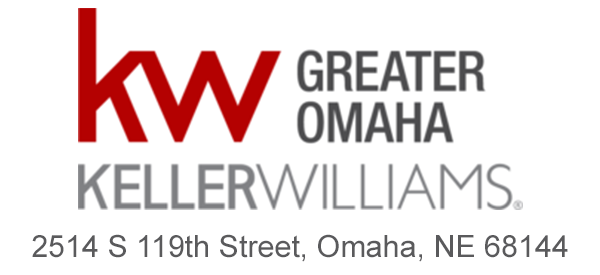Before the 2008 housing crash, it was somewhat common for people to obtain stated income loans, mortgages where lenders did not verify borrowers’ incomes by examining tax returns, pay stubs, or other documentation. Instead, lenders simply accepted borrowers’ unverified statements about their earnings.
Intended for self-employed borrowers, stated income loans began being increasingly offered to subprime borrowers as well. However, without any income verification, these loans were highly susceptible to fraud.
After the housing crash, stated income loans were eliminated because lenders required more verification of a borrower’s income. Now, to get a mortgage, you must provide documentation of income, such as tax records, which can be challenging for self-employed borrowers.
If you are a self-employed borrower, you may report a much lower income on your taxes than your actual income due to tax deductions. While these deductions can be legitimate, they can create issues if you apply for a mortgage, as lenders will rely on your reported income.
Some self-employed borrowers seek no-doc loans, which differ from stated-income loans. Here’s what you need to know about no-doc loans when buying a home in Council Bluffs.
An Overview of No-Doc Loans
While a no-documentation mortgage loan does not require tax returns or pay stubs as proof of income, you will still need to provide documents like bank statements to verify your income. The “no-doc” term means the lender does not require traditional income statements, but you still must show financial records to qualify.
With this type of loan, the lender will likely order a property appraisal to determine the home’s potential resale value.
The advantage of this type of loan is that it makes homeownership attainable for those who may not qualify for a conventional mortgage. No-doc loans can also have a quicker application process since traditional mortgages require several weeks for underwriting. There is less verification required with a no-documentation loan.
There are some downsides, though.
First, it’s uncommon to find a financial institution that offers no-documentation or low-documentation loans.
The loan terms will also be less favorable. The rates on these loans may be up to three percentage points higher than conventional loans, depending on your assets, credit score, and down payment amount.
To qualify for these loans in most cases, you will need a credit score of at least 700, and your down payment may need to be as high as 30% of the total cost.
Who are No-Doc Mortgages Right For?
There’s a reason these loans exist.
If you deducted a substantial amount of business expenses last year, this mortgage may work for you. As an entrepreneur, deducting expenses reduces your net income, which can make qualifying for a traditional mortgage difficult. However, this type of mortgage looks beyond traditional criteria.
Another reason to consider these loans is if you have an inconsistent income that varies substantially based on your business. For example, some real estate investors use these loans. The expected rental income from the property can help them get approved without providing other documentation or asset verification. High-net-worth individuals can also qualify for no-doc mortgages based solely on their assets.
Types of No-Doc Loans
There are a few subtypes of these mortgages.
One is called a Stated Income, Stated Assets (SISA) loan, in which you report your annual income and assets when applying and the lender accepts these numbers at face value. However, after the Dodd-Frank Act was passed, these types of loans became highly restricted and are no longer available for owner-occupied properties.
Another type of mortgage is a Stated Income, Verified Assets (SIVA) loan. With this type of loan, you report your income on the application, but the lender verifies your assets. You may need to provide 6 to 24 months of bank statements to confirm your assets.
NIVA loans, which stand for No Income Verification, Verified Assets, do not require borrowers to disclose their income. Instead, lenders verify a borrower’s ability to repay based on their assets. These types of loans are suitable for retirees or others who live off investment accounts rather than traditional employment income.
What type of real estate assistance are you looking for in 2024? Planning is crucial for both buyers and sellers. If you plan to buy, sell, or invest this year, let’s schedule a time to talk soon.

